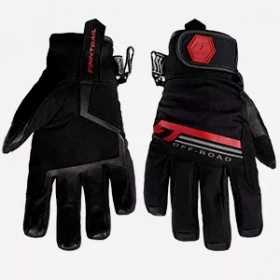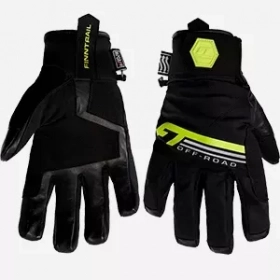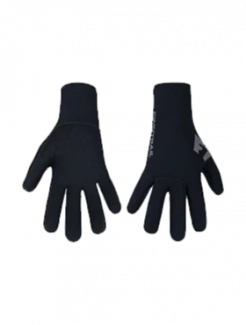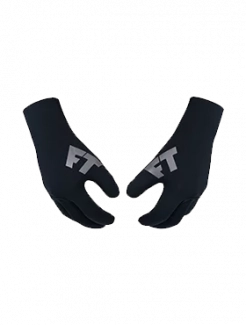ATV Winch Repair and Troubleshooting
Driving your ATV through challenging environments is one of the most thrilling experiences on Earth. But that thrill can turn to dread when you get yourself stuck in a deep bog or mud. Winches are a handy tool, then, for getting you out of a literally sticky situation. It’s important to make sure your winch is in good order before your head out for a ride, or you could find yourself in a whole heap of trouble.
There are quite a number of different potential issues you can have with a winch and many possible solutions. In this guide, we’ll look at each of the main problems and how to get your winch back to full usefulness.
MY ATV WINCH IS SLIPPING
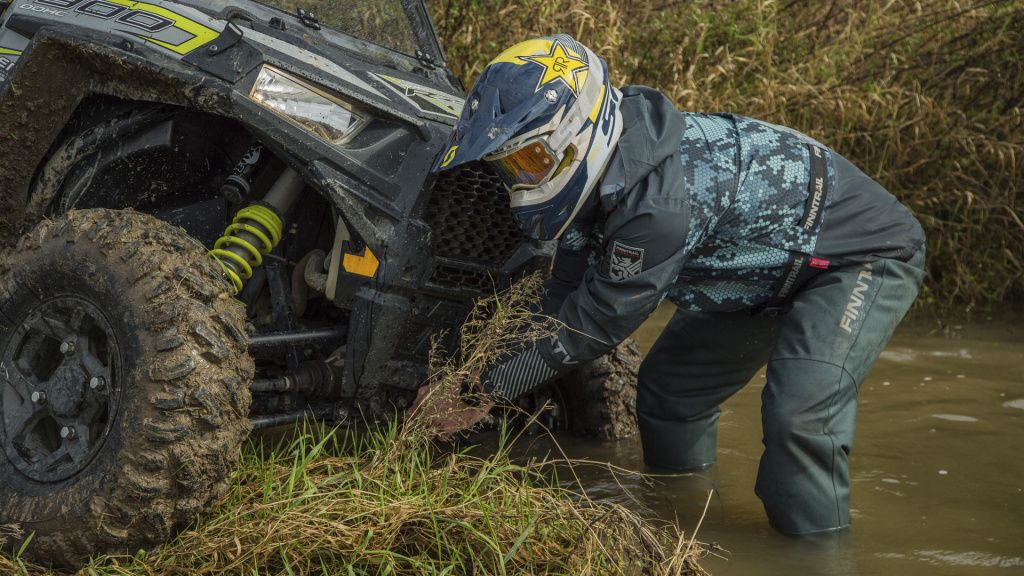
If your winch is slipping under load, the gears of the winch may have been stripped due to incorrect use. The only way to be entirely sure is to disassemble the winch and inspect the gears. Replace gears as necessary.
MY ATV WINCH IS OVERHEATING QUICKLY
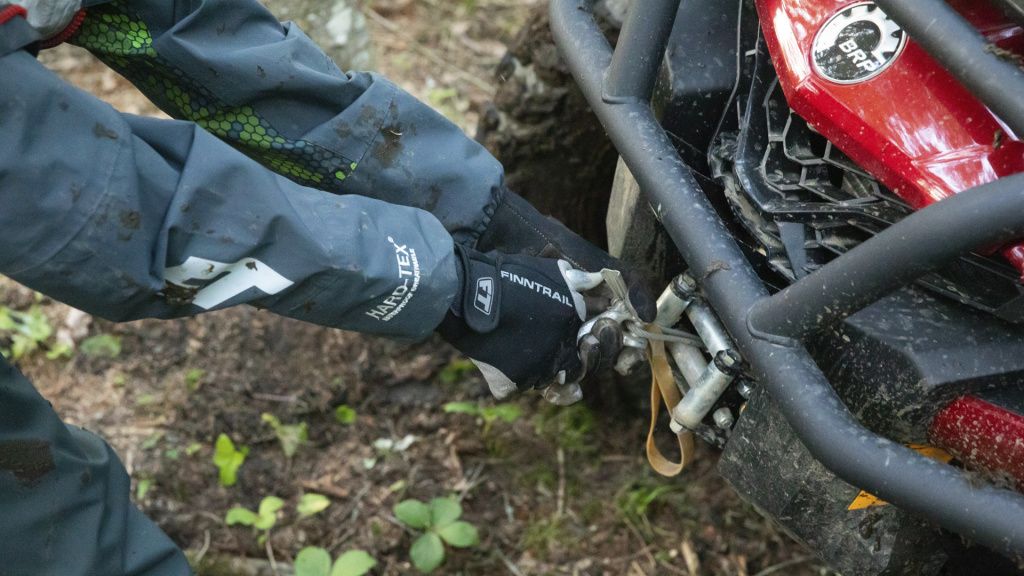
To protect your hands against any hazard, wear durable off-road gloves such as the Finntrail ENDURO gloves. They will keep your hands clean on the trails and during general work on your vehicle.
You should expect some heat from a winch, but if it’s heating very quickly, then you have a problem. The winch motor may need to be replaced.
Sometimes, the winch motor end cap bushing is too tight, causing friction. You can use sandpaper to give the motor end shaft and bushing a light rub, reducing the potential for friction.
MY ATV WINCH WON’T ENGAGE OR DISENGAGE
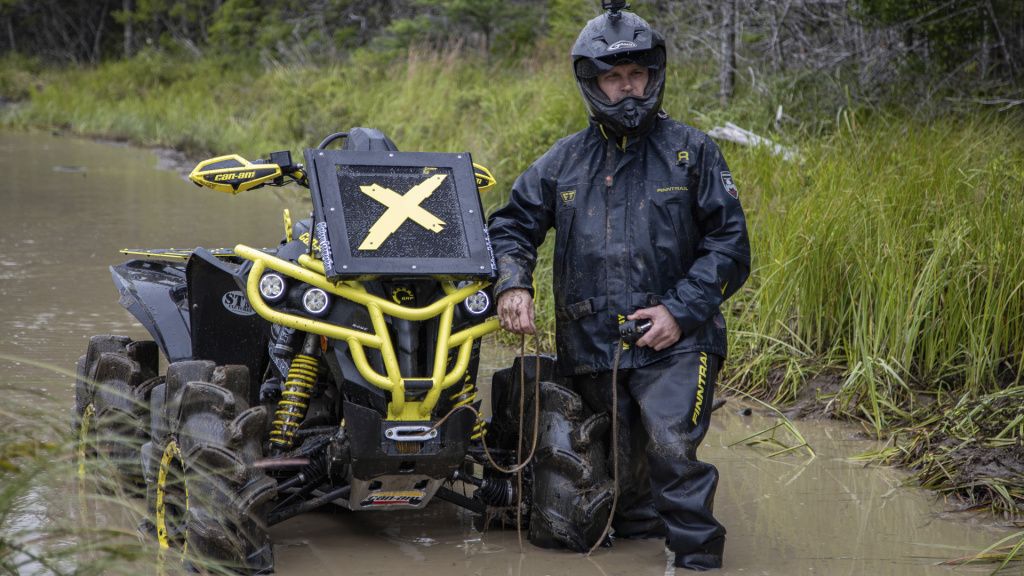
If the winch won’t engage or disengage, check the engage lever for debris or corrosion. Clean out any rust and apply new grease. Another place to check is the sliding ring gear in some models of ATV winch. Again, remove the corrosion and apply oil.

Damaged gears from improper use of the winch (e.g., for towing) can also cause this issue. You’ll need to replace the problem gears if this is the case.
On some winches (such as Warn), there is a knob for switching between free-spool and locked operation. In some rare cases, this knob causes a blockage if it is over-rotated.
MY ATV WINCH ONLY TURNS IN ONE DIRECTION
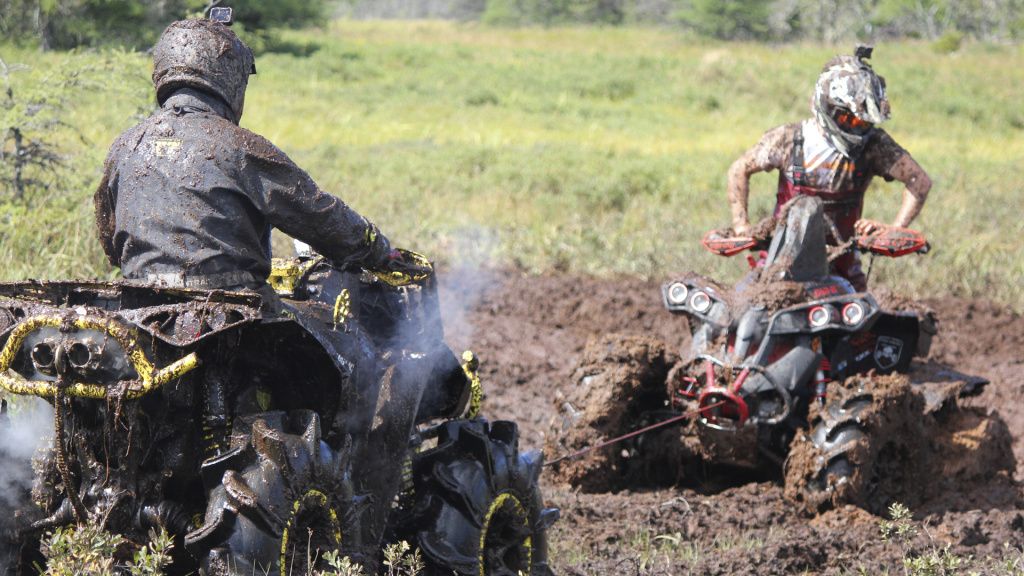
Apart from the other troubleshooting tips in this guide, having a winch that only turns in one direction might be a problem with the wiring. Check the cable from the remote switch to the contactor. The remote switch itself may be damaged.
Finally, there can be a problem with the solenoid in the contactor. Check the solenoid for rust, and if, after cleaning it, you still have the problem, you may need to replace the rusted contactor.
MY ATV WINCH TURNS VERY SLOWLY
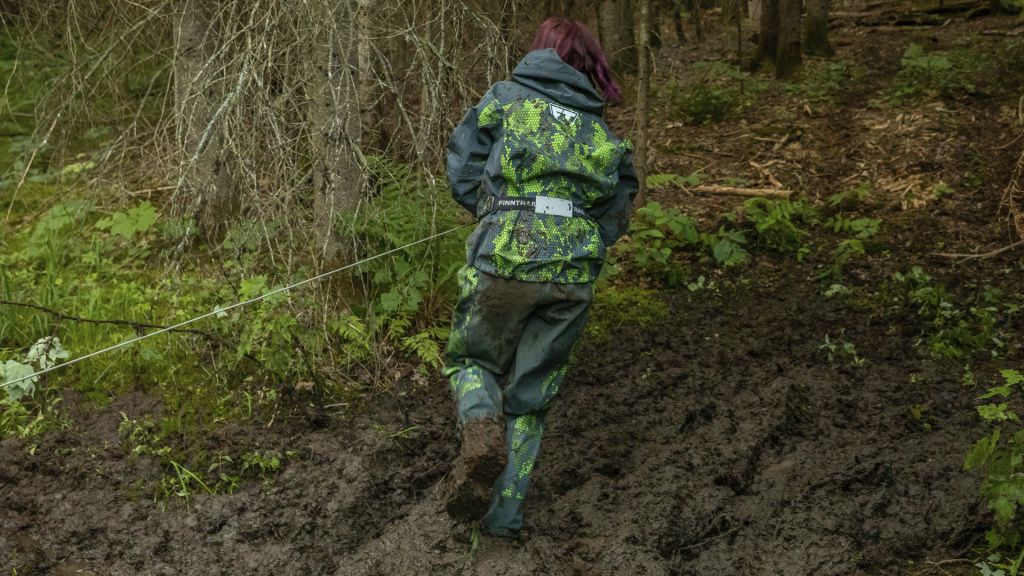
A slowly turning winch could be a damaged motor. It’s also possible you have insufficient battery power, so fully charge your battery. Check that the grease inside the winch gears isn’t dirty or old. If it is, you can re-grease the gears. But another reason for a winch turning too slowly is too much grease or the wrong viscosity. Ensure you use the correct type of grease and the right amount.
MY ATV WINCH SOMETIMES DOESN’T WORK AT ALL
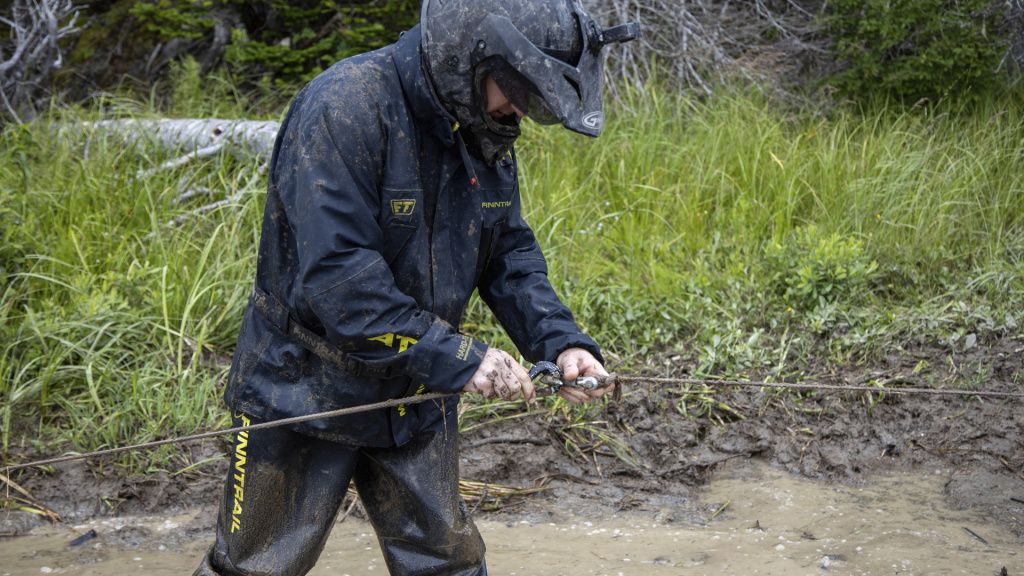
Apart from the troubleshooting steps above, consider whether there’s a loose wiring connection if your winch seems to work fine sometimes yet has problems working at other times.
MY ATV WINCH IS ENTIRELY DEAD
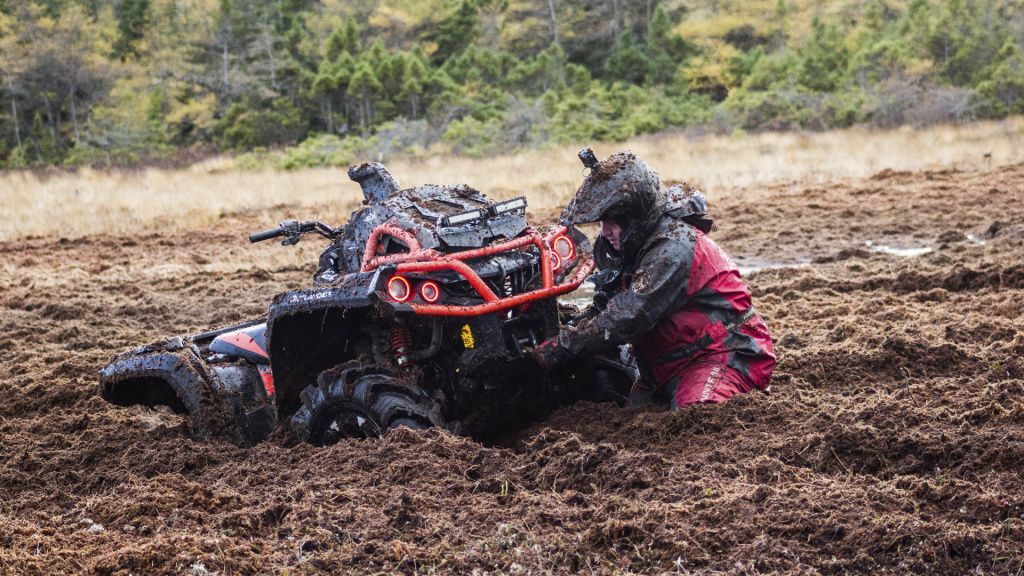
To ensure the problem is with the winch and not the wiring on your ATV, connect up a separate battery to the positive and negative of the winch. If the winch motor operates as expected, check the other electronics of your bike. Make sure the winch is correctly wired up, and try again.
If it doesn’t spin, then first check the fuse or circuit breaker of the winch if there is one. Having ruled out problems with wiring and switches, you can test the motor with a multimeter. If 12V isn’t passing through the motor when the remote switch is pressed, it suggests an issue with the motor.
Clean the motor. You can also remove the motor housing and check the brushes for burnt spots. If you see burnt spots, you can replace the brushes instead of replacing the entire motor.

